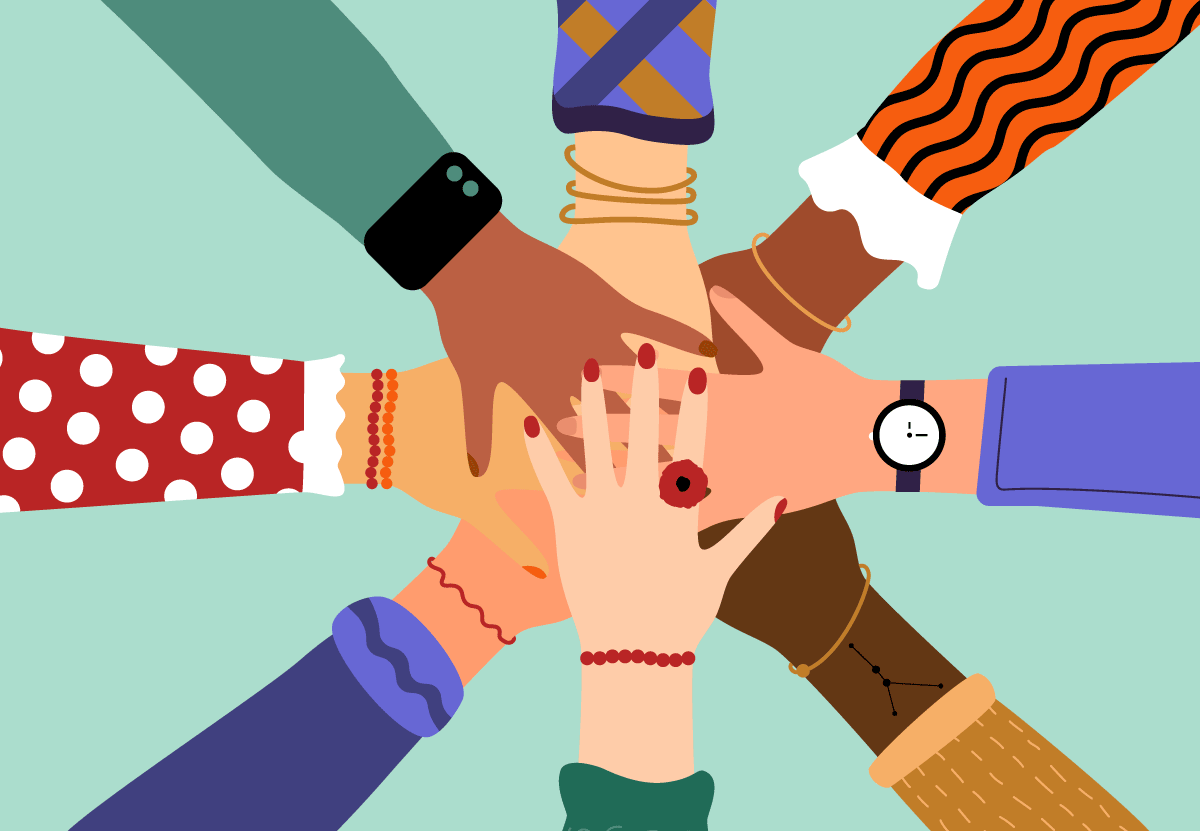Mastering the Art of Building Rapport: A Guide to Meaningful Connections
Building rapport is essential for meaningful connections, enhancing trust and understanding. This blog explores the reasons why rapport is important and offers practical strategies to develop it, supported by research, enabling deeper personal and professional relationships that enrich our lives.

Rapport is a harmonious relationship marked by mutual understanding, empathy, and trust. It facilitates open and supportive communication, enabling deeper connections beyond superficial exchanges. As highlighted by studies in the Journal of Social and Personal Relationships, rapport enhances interactions with warmth and understanding. In this blog, we will explore the reasons why building rapport is essential and provide practical strategies to help you cultivate these meaningful connections.
Why We Need to Build Rapport
Building rapport is not just about making conversations smoother or more pleasant; it has profound implications on various aspects of life. According to research from the University of Pennsylvania, individuals who effectively develop rapport are seen as more likable and trustworthy, which can lead to more successful personal and professional relationships.
Photo by Priscilla Du Preez 🇨🇦 / Unsplash
In the workplace, strong rapport among colleagues enhances teamwork, reduces conflicts, and improves overall productivity. Similarly, in personal relationships, rapport fosters deeper connections, increased empathy, and mutual support.
The benefits of building rapport extend even further, promoting psychological well-being by reducing stress and anxiety linked to social interactions. Therefore, understanding and developing this skill can significantly impact both social and individual success.
6 Ways to Build Rapport
1. Active Listening
Photo by Priscilla Du Preez 🇨🇦 / Unsplash
Active listening forms the cornerstone of building rapport and involves truly understanding the speaker's words and emotions. The Journal of the International Listening Association highlights that active listening is strongly associated with greater relational satisfaction. Practices such as offering undivided attention, reflecting back what the speaker has said, and asking open-ended questions demonstrate genuine interest and understanding, thereby strengthening conversational connections.
2. Demonstrating Genuine Interest
Sincerity plays a pivotal role in building rapport. Research by the University of Michigan indicates that people can perceive authenticity, which significantly affects their willingness to engage. Demonstrating genuine interest can be achieved by remembering details, finding common ground, and personalizing interactions. This approach ensures that individuals feel valued and appreciated, fostering a warmer and more engaging environment.
3. Non-Verbal Communication
Photo by Hanna Morris / Unsplash
Non-verbal cues significantly influence the rapport-building process. Findings from Stanford University affirm that non-verbal communication, such as appropriate eye contact, nodding, and smiling, conveys warmth and understanding—two critical pillars of rapport. Techniques like mirroring subtly align your body language with the other person's, creating a subconscious connection that promotes empathy and rapport.
4. Empathy and Understanding
Photo by Hannah Busing / Unsplash
Empathy, the ability to share and understand the feelings of others, is essential in developing rapport. A study published in the Journal of Research in Personality suggests that empathy fosters closer bonds and increases cooperation. Demonstrating empathy involves acknowledging the emotions of others, offering support, and being patient with diverse communication styles, which helps bridge gaps and build trust.
5. Authenticity and Honesty
The importance of authenticity cannot be overstated. Rutgers University research shows that those who bring genuine selves into interactions are likely to form stronger connections. By being open and honest about your thoughts and feelings, you not only create an atmosphere of trust but also encourage others to reciprocate, laying the foundation for a lasting rapport.
6. Consistency and Reliability
Rapport thrives on consistency and reliability over time. The Journal of Social and Personal Relationships reveals that consistent, reliable behavior builds predictability and trust, which are vital for rapport. By regularly maintaining contact, following through on commitments, and being dependable, you fortify the bonds you’ve created, allowing relationships to grow and deepen over time.
Journaling is valuable tool in enhancing your ability to build rapport. A journal not only helps you keep track of your interactions and progress but also encourages self-reflection, which is key to understanding and improving your communication skills. By documenting your experiences, you can identify patterns in your interactions and pinpoint areas for improvement. According to Harvard Business Review, reflection is a powerful learning tool that can boost performance and promote mindful communication. A journal app such as Journey allows you to set goals, track your emotional responses, and evaluate the effectiveness of your rapport-building strategies, helping transform your insights into tangible skills.



In the journey of human connection, building rapport stands as a versatile and indispensable skill. Rooted in understanding, trust, and empathy, rapport enables us to forge deeper connections and more meaningful relationships, both personally and professionally. By embracing and applying these evidence-based strategies in our daily interactions, we can cultivate environments of mutual respect and understanding, leading to transformative changes in how we relate to one another. Approach each interaction with sincerity and openness, and observe the profound effects of genuine human connection.






